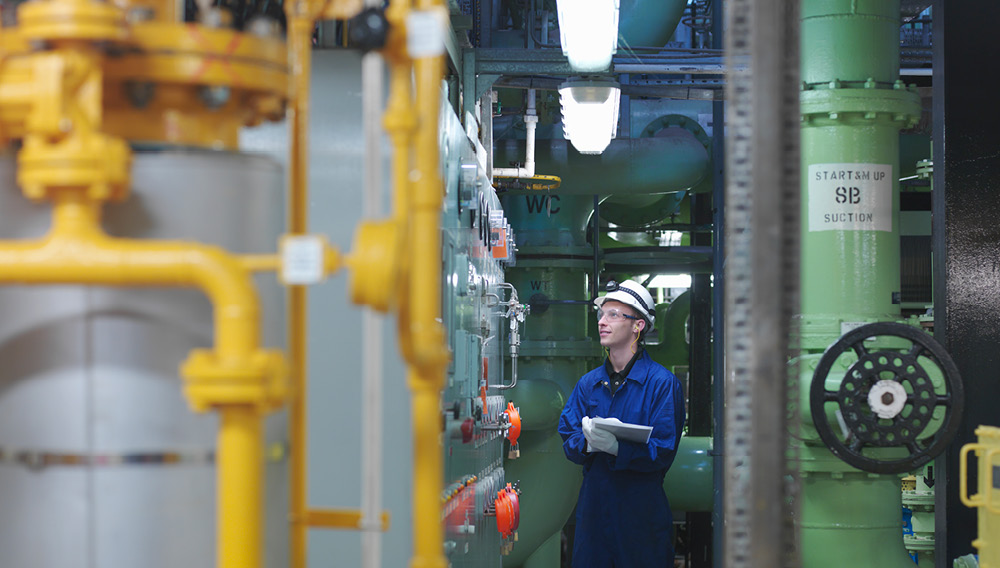The Importance of Nuclear Safety

Nuclear technology refers to using nuclear reactions to generate energy. Nuclear safety is essential in nuclear technology because it protects people, the environment, and property from the potential hazards that can arise from the use of nuclear energy and materials.
How Do We Define Nuclear Safety in Power Plants?
Nuclear safety in power plants involves establishing processes and systems to protect people, the environment, and property from nuclear crises. It includes developing safe reactor operations with strong designs, various safety barriers, shutdown systems, and strict operational procedures. Emergency preparedness, regular inspections, and following regulatory standards help ensure safe and sustainable plant operations.
What Are Some Areas of Nuclear Safety?
According to the Nuclear Energy Institute (NEI), U.S. power plants are among the safest and most secure in the world. Federal guidelines and industry safety procedures help make nuclear power a safe choice for our economy and communities. Let’s explore the different areas of nuclear safety.
Operational Safety
The Institute of Nuclear Power Operations (INPO) and the World Association of Nuclear Operators (WANO) ensure high safety standards through evaluations and best practices. Plant workers undergo thorough training and education, and workers build facilities with multiple protective barriers and safety systems. The Nuclear Regulatory Commission (NRC) also enforces strict regulations, conducts inspections, and implements safety rules.
Security
Nuclear facilities maintain strict security protocols. The NRC enforces high security standards, and facilities feature steel-reinforced concrete containment structures designed to withstand natural disasters and even jet airliner impacts. Nearly 9,000 armed security officers, many with law enforcement or military backgrounds, safeguard these plants.
Cybersecurity
Advanced cybersecurity measures and constant threat monitoring protect nuclear power plants from cyberthreats. These plants operate hardware that prevents internet access and allows data to flow only outward. Strict controls are in place for portable media, and workers undergo rigorous security screenings and training. Regular inspections by the NRC ensure that cybersecurity protections remain effective against evolving cyberthreats.
Emergency Preparedness
Nuclear plants prepare for emergencies with federally approved emergency plans developed in coordination with state and local governments and first responders to protect communities and employees. These plans include professional training and evaluations by the NRC and the Federal Emergency Management Agency (FEMA), which ensure readiness and continuous improvement. The Fukushima Daiichi accident, hurricanes, and the September 11 attacks have strengthened these kinds of plans and helped professionals develop new strategies to maintain safety.
How Do Power Plants Dispose of Radioactive Waste?
Nuclear waste is generated from power plant production. It requires safe disposal based on its risk level. Radioactive waste includes high-level waste, low-activity waste, and transuranic waste, each requiring specific treatments like vitrification or deep geologic disposal. High-level waste, such as used nuclear fuel, is highly radioactive and remains so for thousands of years. Low-level waste decays faster and is often disposed of in near-surface facilities. The Department of Energy (DOE) oversees nuclear waste management but faces many challenges.
Does the nuclear industry appeal to you? Start on your path to a career in nuclear safety with a Bachelor of Science in Nuclear Engineering Technology!




